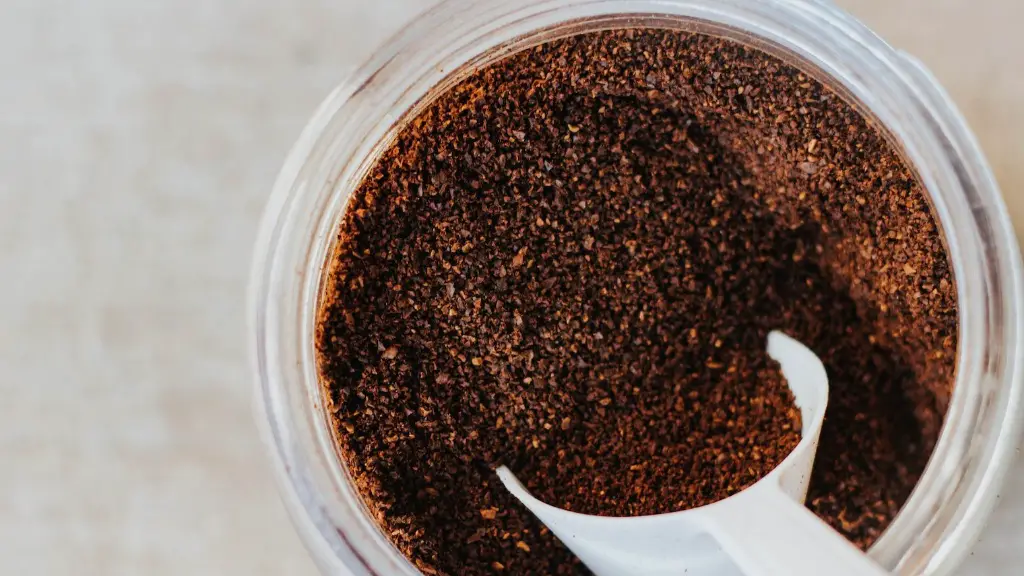It’s a much-debated topic: can you drink black coffee while fasting? Fasting is a lifestyle choice followed by many, from religious fasts like Ramadan to intermittent fasting diets like the 5:2. Most experts agree that black coffee without any added sugars is permissible during fasting, if consumed carefully.
Many people argue that adding milk or sugar to black coffee would break a fast as these ingredients add calories, although experts suggest that black coffee is low enough in calories to not break a fast – as long as it does not contain any added sugars. Fans of fasting praise coffee for its ability to guard against tiredness and for its appetite-suppressant properties.
The health benefits of fasting go further than calorie restriction, however. Some studies suggest there could also be positive effects on cellular repair and apoptosis, promoting longevity. fasting has been linked with a reduced risk of cognitive decline, and has also been shown to benefit gut health.
Many experts claim there are potential drawbacks to fasting and drinking coffee. Caffeine intake can increase cortisol levels, and too much caffeine can disrupt important biochemical pathways. Studies have also associated high caffeine intake with increased anxiety and jitteriness, as well as insomnia and restlessness.
It is therefore important to consider that according to scientific research, the optimal amount of caffeine is no more than 400 mg (roughly three cups of black coffee) each day.
Coffee is also a diuretic, so it can cause dehydration while fasting. It’s worth noting that doing a fast without replenishing fluids can lead to fatigue, headaches, and reduced concentration. That being said, many fasting aficionados argue that drinking black coffee and herbal tea will help satiate cravings and reduce hunger pangs.
It is important to note that everyone has different needs and there is no one-size-fits-all approach. People who are new to fasting should consult with their doctor beforehand to ensure that it’s safe for them. Fasting may also be contraindicated for individuals who are pregnant, nursing, diabetics, or have an existing medical condition.
Cancer Prevention
Evidence has shown that fasting can potentially help reduce the risk of developing certain types of cancer. Certain types of fasting, specifically intermittent fasting, have been found to reduce inflammation, which is a known risk factor for cancer. Studies have also revealed that fasting can help to improve the body’s response to chemotherapeutic treatments, potentially improving outcomes and reducing side effects.
Fasting has also been studied as a potential way to reduce the risk of developing certain types of cancer. Studies have shown that fasting can help reduce inflammation, which is a major factor in cancer development. Some research has also suggested that fasting can act as a form of internal detoxification, helping to rid the body of cancer-causing toxins.
Intermittent fasting appears to be the most beneficial for cancer prevention, as it helps to regulate the body’s hormones, which are a major factor in cancer development. Research has also indicated that it may help boost the immune system and help reduce the oxidative damage that occurs in cells, two changes which are linked to reducing the risk of cancer.
Weight Loss
Fasting has become increasingly popular as a weight loss tool over the last few years, and is widely supported by many health and nutrition professionals. Fasting helps to reduce levels of the hormone insulin, which encourages the body to burn fat. Eating fewer meals also helps to reduce the number of calories consumed over a period, ultimately leading to weight loss
Intermittent fasting is the most popular form of fasting for weight loss, as it allows the body to enter a 24-hour fast several times a week. This gives the digestive system time to recover and make any necessary repairs, while allowing the body to burn fat stores. It is also believed to reduce the production of ghrelin, the hormone which stimulates hunger, helping to keep cravings at bay.
Studies have shown that fasting can help reduce levels of triglycerides, cholesterol and other harmful fats in the body. Some research has even suggested that the regular cycles of fasting and eating might reset metabolic rate, which can lead to long-term weight loss.
In addition to regular fasting, many experts suggest following a balanced diet and regular physical activity for best results. This combination allows for more sustainable weight loss, as it helps to slowly reduce body fat stores while maintaining muscle mass and metabolic rate.
Nutritional Value
Fasting can help to improve nutrition in the long term, while drinking black coffee while fasting can provide some essential nutrients, such as potassium, magnesium and some B vitamins.
Moderate coffee intake can also help to reduce the risk of developing certain diseases, such as Alzheimer’s, Parkinson’s, and type 2 diabetes. Research has also linked coffee drinking to increased alertness and improved productivity.
Although coffee does provide some nutritional benefits, it should not be seen as a substitute for a balanced diet. Drinking coffee while fasting doesn’t provide the same amount of protein, vitamins and minerals that eating a balanced diet would. Additionally, some evidence suggests that drinking coffee while fasting could reduce the body’s ability to absorb some essential vitamins, minerals and antioxidants.
It is ultimately important to note that moderation is key. Pregnant and breastfeeding women, as well as young children, should not drink coffee while fasting, and others should bear in mind their own needs before continuing a detox or fasting protocol.
Accompanying Diet
At the same time, many people who fast find that a more balanced diet can be helpful for keeping energy levels topped up over the course of the day. Eating meals that are high in healthy fats, such as fish, nuts and seeds, as well as complex carbohydrates like brown rice and quinoa, can help to maintain energy levels and concentration.
Eating whole foods such as fruits, vegetables and legumes can also ensure that nutrient and electrolyte levels are maintained. For those who wish to keep caffeine levels low, swapping coffee for green tea or herbal teas can help to reap the benefits of fasting while avoiding high levels of caffeine.
It is also important to drink plenty of water while fasting; this helps to keep hydrated and can help to prevent dehydration. Additionally, some experts say that drinking cool water can help to increase energy levels, improve digestion and reduce hunger levels.
Summary
In conclusion, while most experts agree that black coffee without any added sugars is permissible while fasting, it is important to heed the advice of an expert and to listen to the body. As with all diets, moderation is key; too much caffeine can disrupt important biochemical pathways and reduce the body’s ability to absorb vital vitamins and minerals. Eating a balanced diet and staying hydrated is key to a successful fast.





